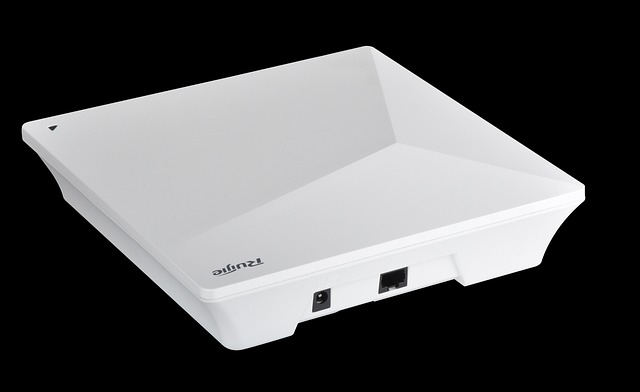
Revolutionizing IT: The Ultimate Guide to Routers in Informational Technology
Revolutionizing IT: The Ultimate Guide to Routers in Informational Technology
In the ever-evolving world of information technology, staying connected is more critical than ever. At the heart of this connectivity lies the router, a device that not only directs traffic between networks but also serves as the backbone of modern communication.
The Role of Routers in IT
Routers are essential in ensuring that data packets travel efficiently from one network to another. They make intelligent decisions about the best path for data, optimizing performance and ensuring minimal latency. In today’s fast-paced digital landscape, where downtime can translate to significant losses, routers are pivotal in maintaining seamless connectivity and operational efficiency.
Understanding Different Types of Routers
As technology has advanced, so too have the types of routers available. Whether you’re running a small office or managing large-scale corporate IT infrastructure, understanding the various router types can help you make informed decisions:
- Wireless Routers: These are ubiquitous in both home and business environments, allowing multiple devices to connect without the hassle of wires.
- Wired Routers: While less common in domestic settings, wired routers provide a stable connection ideal for environments that require high-security measures.
- Core Routers: Typically used by ISPs, these high-capacity routers sit at the backbone of the internet, managing data flow across vast networks.
- Edge Routers: These routers manage traffic entering or leaving a network, ensuring data reaches its destination efficiently.
Key Features to Consider When Choosing a Router
When selecting a router for your IT needs, consider the following features:
- Speed: Look for routers that support the latest Wi-Fi standards (e.g., Wi-Fi 6) to ensure optimal performance.
- Security: Integrated security features, such as firewalls and VPN support, are crucial in protecting sensitive data.
- Scalability: Choose routers that can support growing networks and accommodate increasing data demands.
- Ease of Management: Opt for routers that provide intuitive interfaces for troubleshooting and configuration.
The Future of Routers in Information Technology
As technology continues to innovate, so too will routers. With the rise of IoT devices and smart technologies, routers are evolving to cater to an increasingly connected world. Features like AI-driven traffic management and advanced analytics promise to enhance network efficiency and security even further.
In the realm of IT, the router is more than just a device; it’s a vital component that facilitates communication and collaboration. As organizations navigate the complexities of digital transformation, understanding and investing in the right router technology will be essential in driving success.
Stay tuned as we explore more about the transformative role of routers in networks and how they can help propel your organization into the future of information technology.


